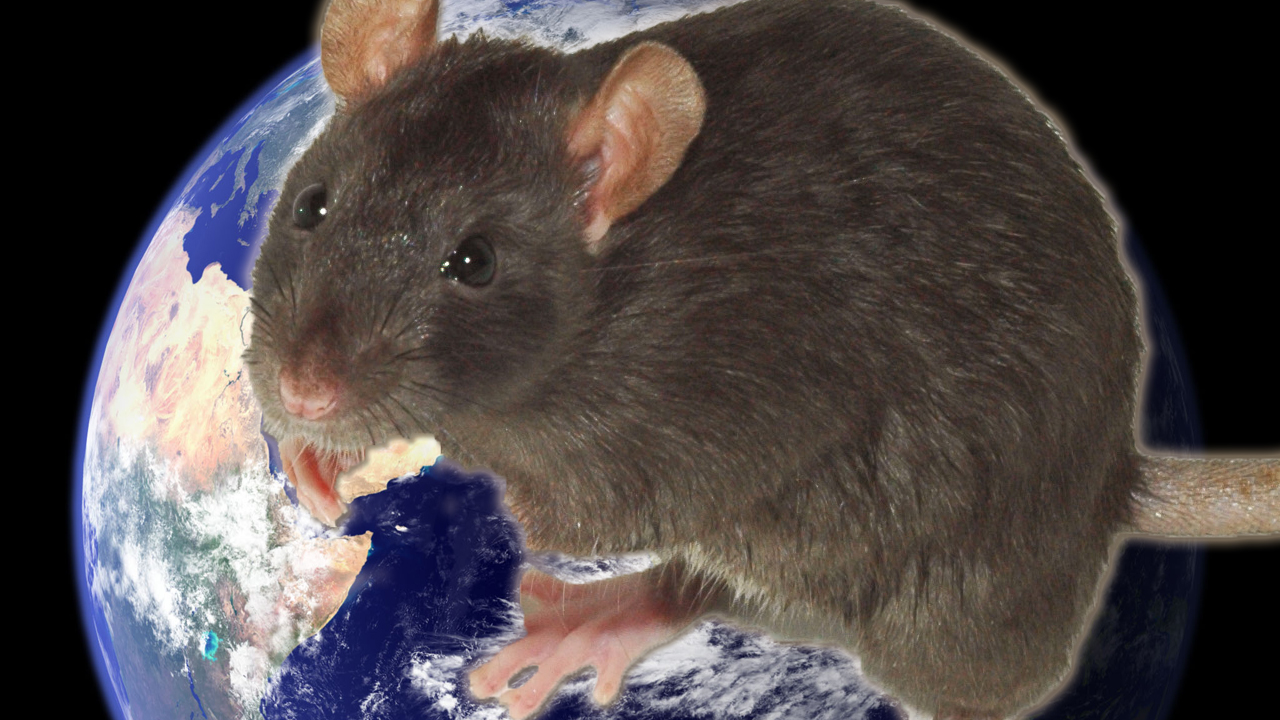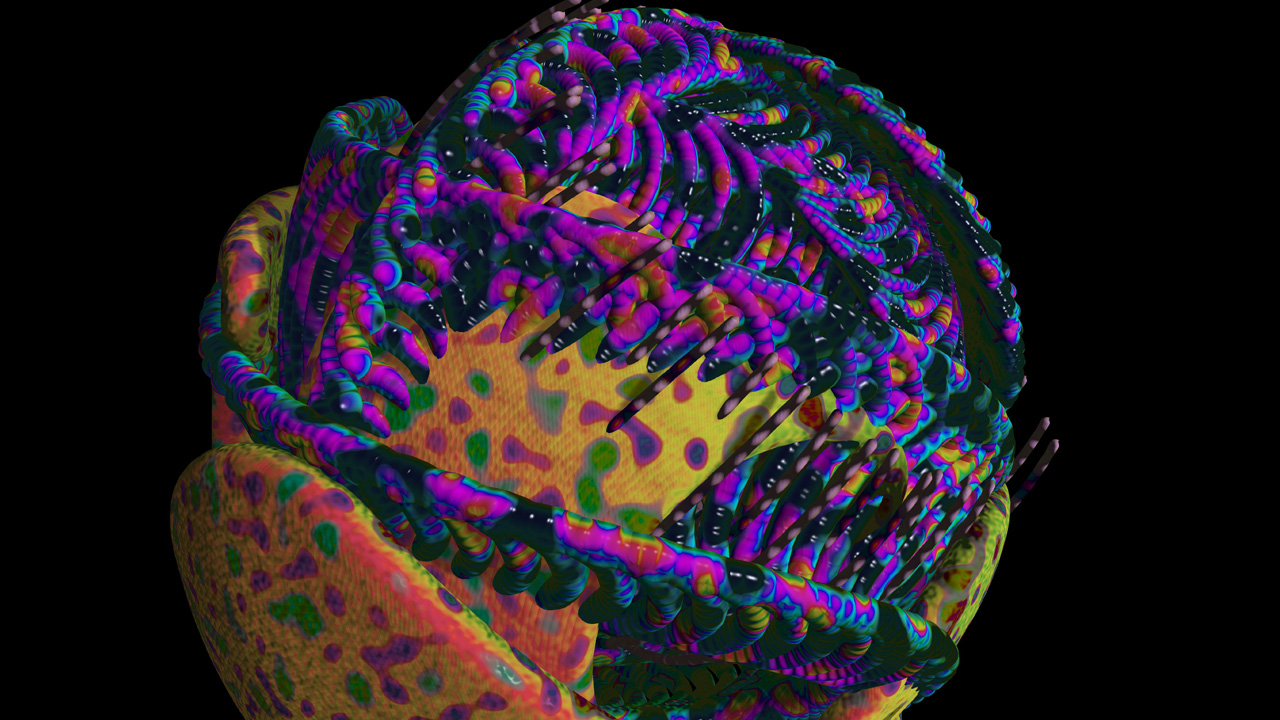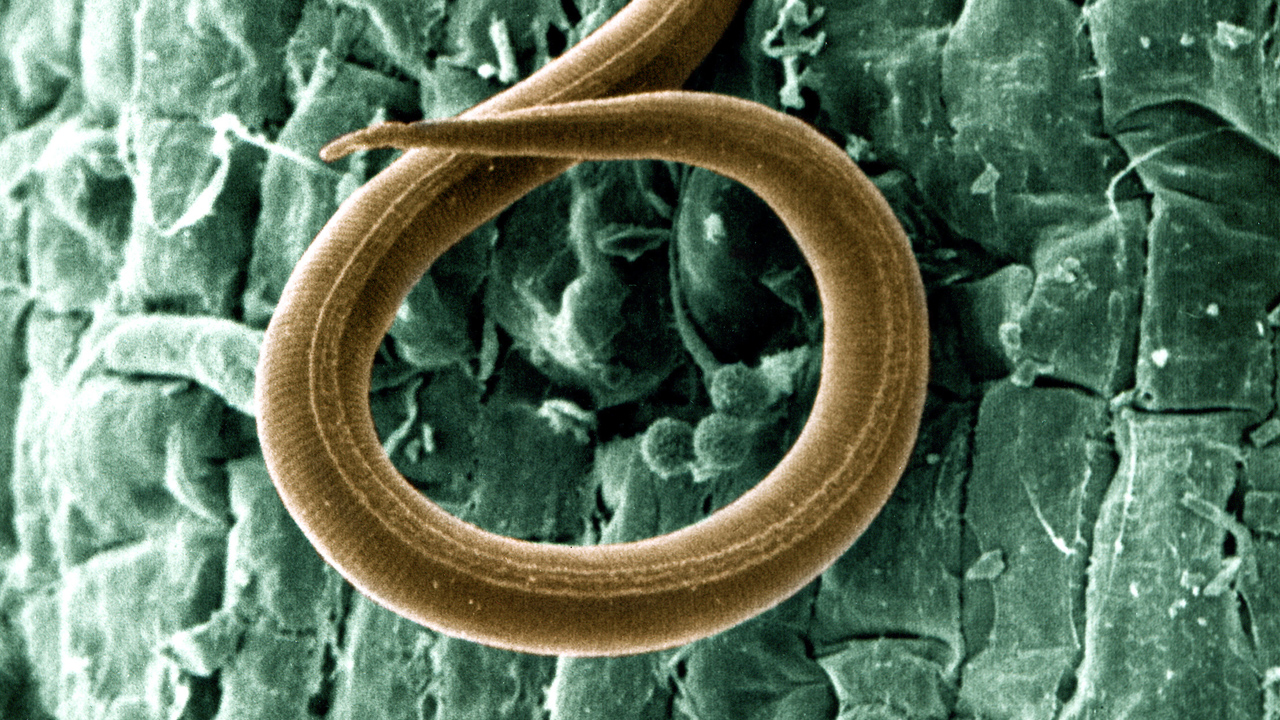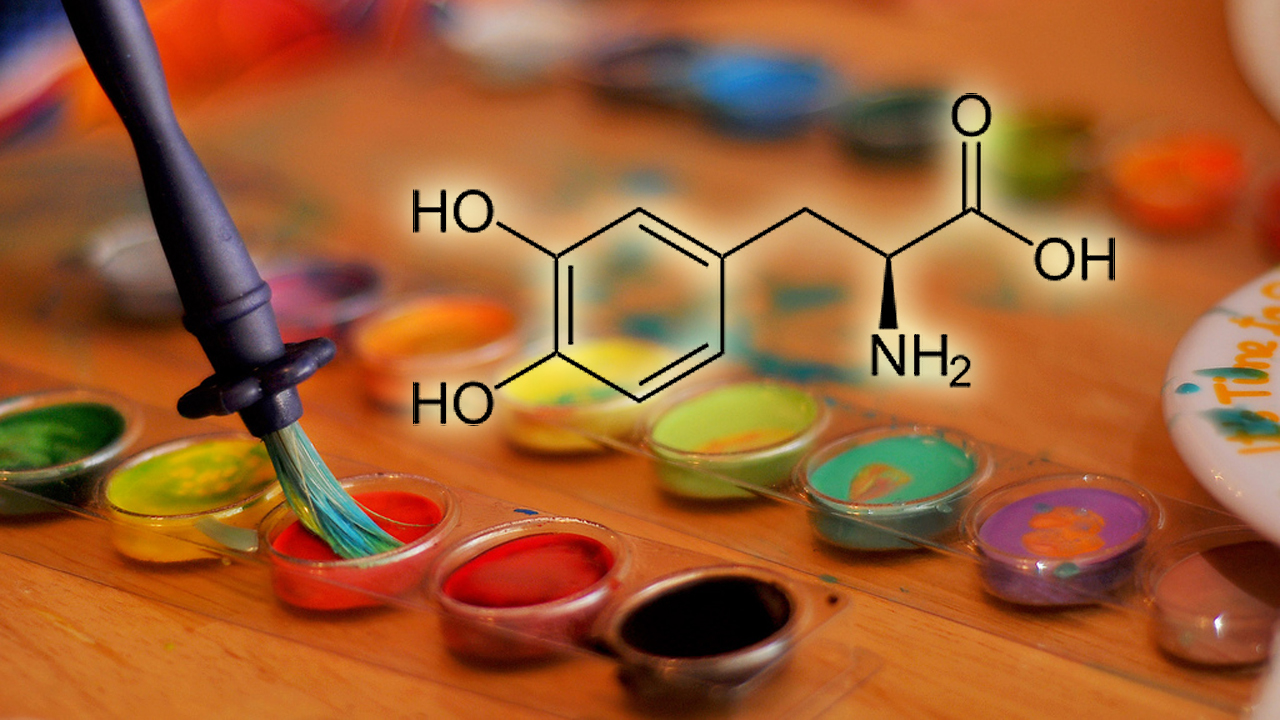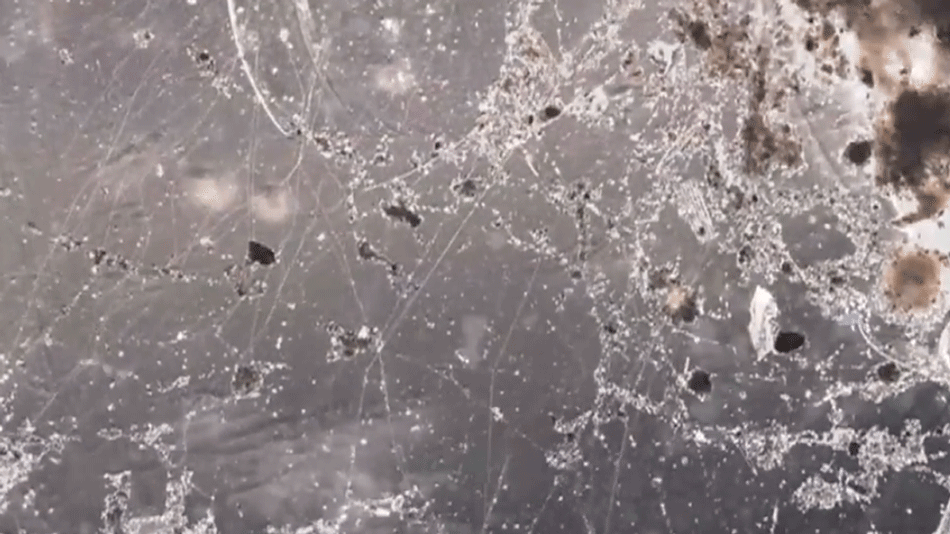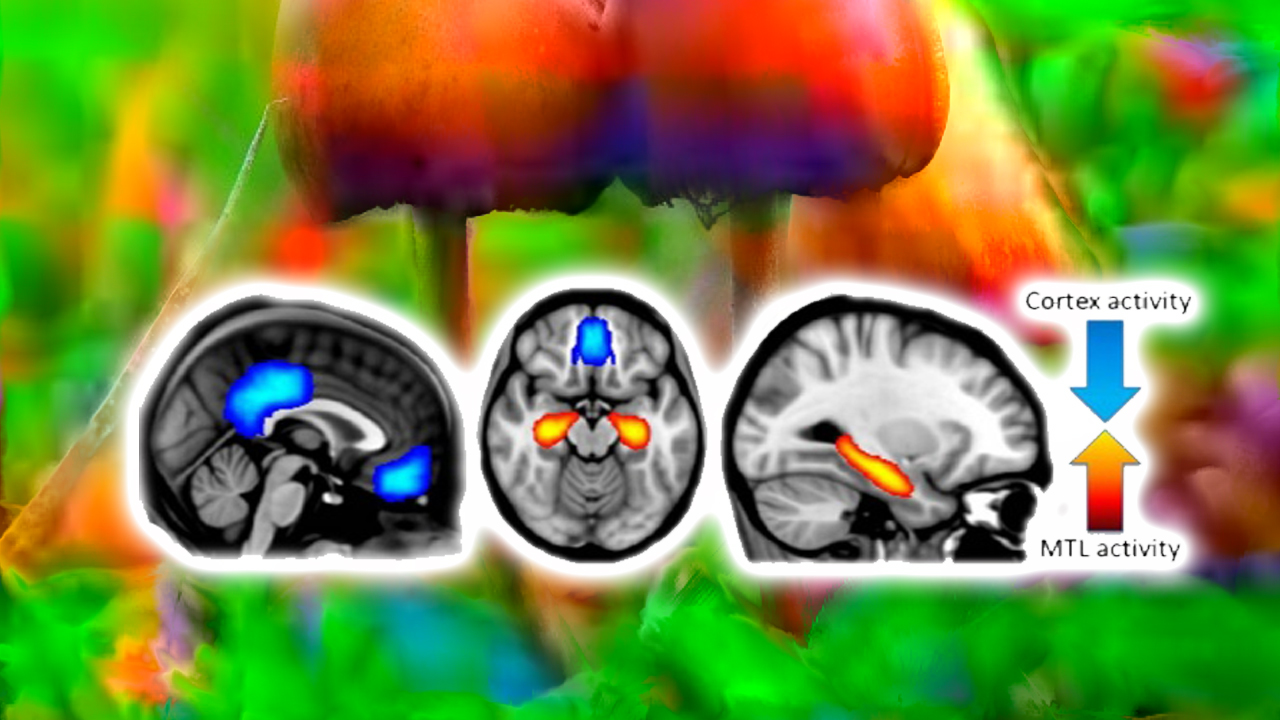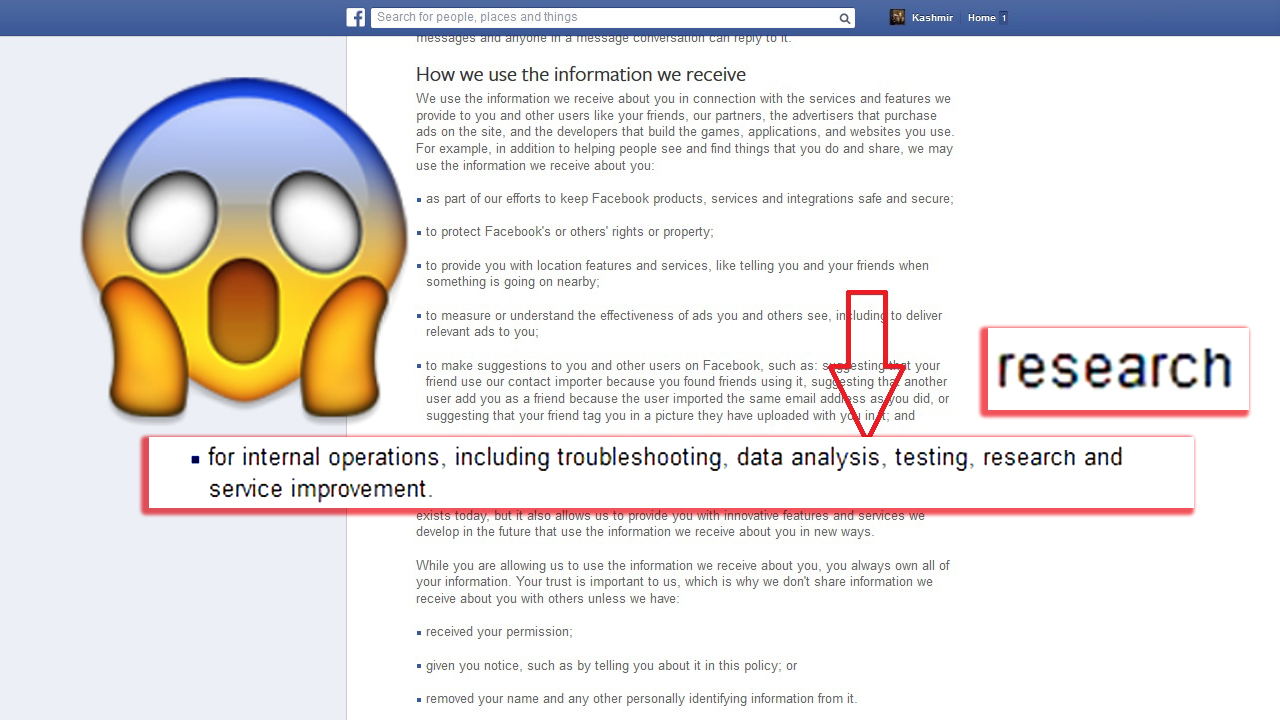Tag: Science
According to a new, international study from Stanford University, the planet’s current biodiversity has reached it’s peak and tipping point. Well, we’ve had a good run — “3.5 billion years of evolutionary trial and error.” Welcome to “the early days of the planet’s sixth mass biological extinction event.” Since 1500, we have lost more than 320 […]
Currently on view in London, the exhibit Automatic Art presents a retrospective of art created according to formal rules of mathematics. The exhibition presents 50 years of British art that is generated from strict procedures. The artists make their work by following rules or by writing computer programs. They range from system-based paintings and drawings to evolving […]
Scientists studying how connections in our brains foster senses have “hacked” into the brains of nematode worms by altering their DNA. In doing so, they were able to change the worms’ responses to salt and smell with new synaptic connections. Schafer’s team injected DNA that codes for their protein into the gonads ofCaenorhabditis elegans nematode worms. […]
Recently published in the Annals Of Neurology, neurologist Rivka Inzelberg’s research explores the connection between enhanced creativity in Parkinson’s patients, the medication they take, and their tendency towards obsessive behavior. The research builds on previous studies which state that Parkinson’s sufferers have higher levels of creative production, especially those taking the drug L-DOPA which increases dopamine in […]
A new and strange breed of bacteria has been recently discovered by PhD student Annette Rowe. Scientists are already aware of bacteria that can eat “pure energy” — microorganisms like Shewanella and Geobacter that harvest electrons from rocks, metals and, sometimes, battery electrodes manipulated by scientists — but now Rowe has discovered eight new varieties of these bacteria that […]
The Earth’s magnetic field is weakening at ten times the speed scientists predicted, Wired UK reports. Fuckin’ magnetic fields, how do they work? Our magnetic field, created by the rotation of our molten metal core, is what protects life on Earth from harmful radiation spit out by the sun that would otherwise kill us all. It’s pretty […]
According to new research published in Human Brain Mapping, the effects of reportedly mind-expanding psychedelics like LSD and mushrooms on the brain are very similar to the state of dreaming. The study recorded brain patterns of volunteers who were injected psilocybin while laying in a functional magnetic resonance imaging (fMRI) scanner. The psilocybin caused “the primitive brain network” linked […]
Last week, the New Scientist published an “emotional contagion study” conducted by researchers employed by Facebook, which proved that people can be influenced by the emotions of others online, just like “in real life.” The study’s unsettling methodology caught our attention: The experiment’s subjects were nearly 700,000 regular Facebook users whose feeds were manipulated to contain more […]
According to a new study by the European Association of Geochemistry, the earth is 60 million years older than scientists have last estimated, give or take 20 million years. What does that mean for Neil Degrasse Tyson’s Cosmic Calendar? Science Daily explains: Guillaume Avice and Bernard Marty analysed xenon gas found in South African and Australian quartz, which had […]
A new study proved that “internet trolls” are just as terrible offline as they are online. The study focused on online harassment behavior as it could be traced to personality characteristics in “real life.” Slate gave us a run down of the characteristics the researchers were measuring: The research, conducted by Erin Buckels of the […]

